My daughter forwarded an article from today’s Guardian that energized me. Think about it: people doing something to make the world a better place and not concerned with making a profit. Some Texas scientists are doing just that. One of the lead scientists, Dr. Maria Bottazzi, from Children’s Hospital Center for Vaccine Development at Baylor College of Medicine is quoted in the article, explaining why they are not seeking to patent the vaccine:
“We want to do good in the world. This was the right thing to do, and this is what we morally had to do. We didn’t even blink. We didn’t think, ‘how can we take advantage of this?’ You see now that if more like us would have been more attuned to how the world is so inequitable and how we could have helped from the beginning so many places around the world without thinking ‘what’s going to be in it for me?’, we could have basically not even seen these variants arise.”
Amen.
Earlier this month, I was surprised that Kroger hiked their prices for the BinaxNOW rapid Covid test kits. “Why,” I wondered, “just when we are facing a surge in Covid Omicron cases and people need tests to help stop the spread?”
What I learned was that, in September, Kroger, Walmart, and Amazon had reached an agreement with the Biden administration to sell the tests at cost for 100 days to help curb the spread. Once the 100 days were up, the prices went up at least $5. In many cases more.
What retailer needs to make a profit from tests that can slow down the spread of a viral disease amid a pandemic? Surely, they make enough money from everything else they sell. I called the grocery store where I shop to see what they charge for the same tests (when they have them, which they don’t as I write). The pharmacy intern cheerfully said, “I think they usually sell for $30.” When sold at cost, they were around $14.
Where is the sense of common good? Where is the spirit of humanitarianism that guides the Texas scientists? It’s immoral to make a profit on something that is desperately needed around the world to combat Covid. Hospitals across the country are reeling under the surge of new cases. Many are filled and forced to turn away people with other illnesses. No beds available. Healthcare workers are stretched beyond their limits. And stores need to make money on Covid tests? No.
Read the Guardian article to restore a little faith in fellow human beings. Then write your U.S. Senators and Representatives. Write the President. Ask them to instate a “no profit” mandate for these tests. Write the stores where you shop and express your dismay.
As Dr. Bottazzi says in the article: “We need to break these paradigms that it’s only driven by economic impact factors or return of economic investment. We have to look at the return in public health.”
Read: Texas scientists’ new Covid-19 vaccine is cheaper, easier to make and patent-free


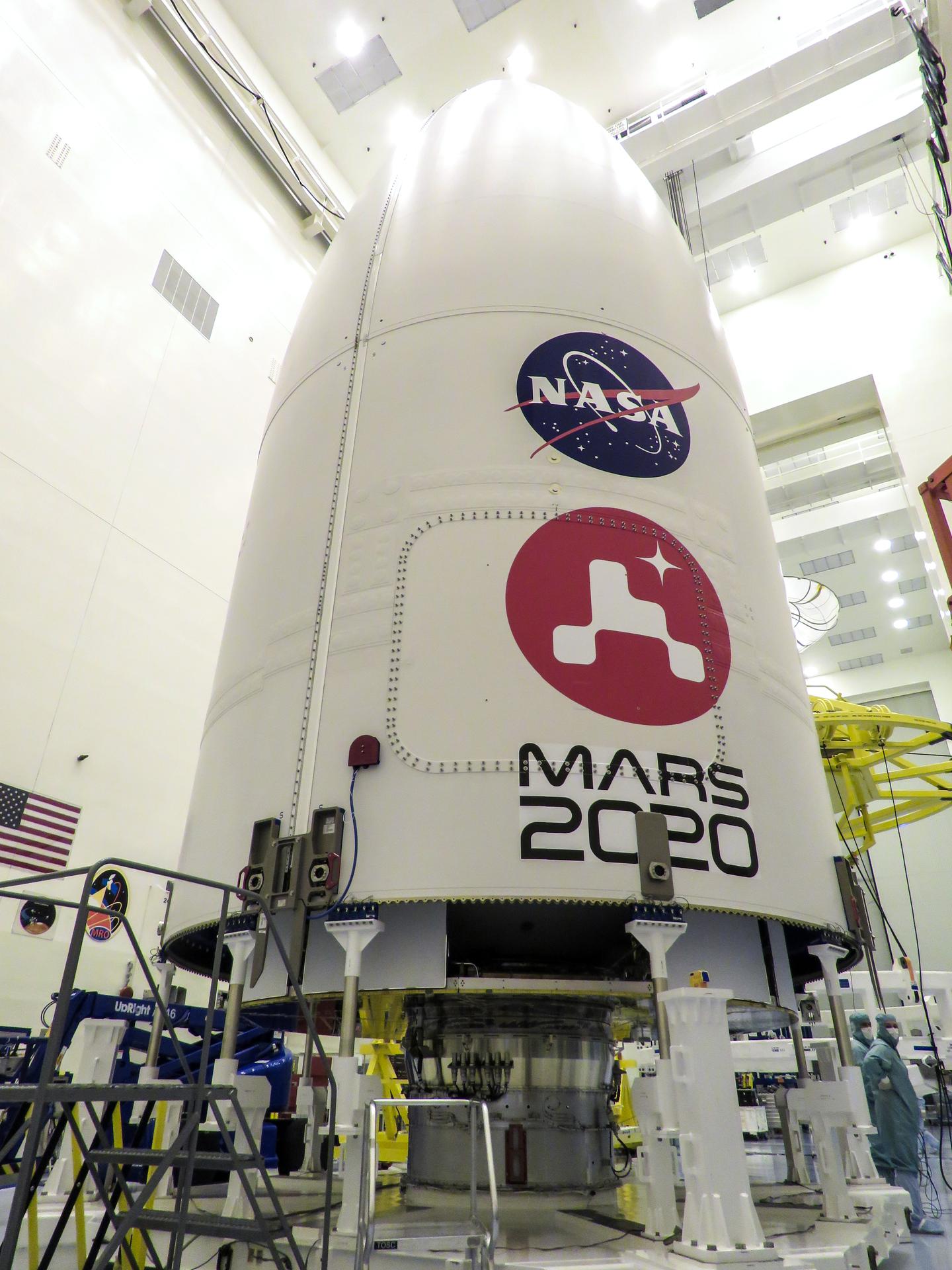
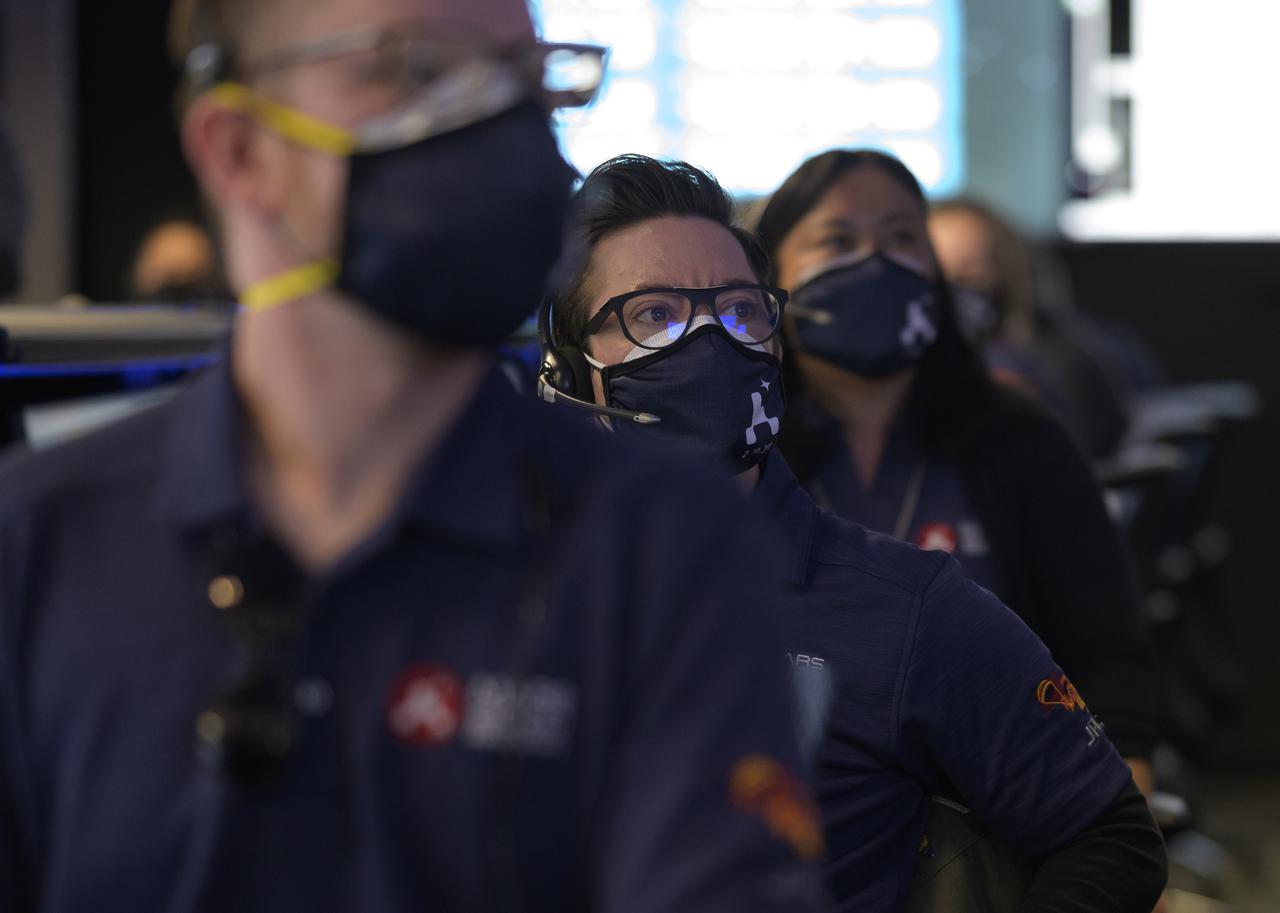
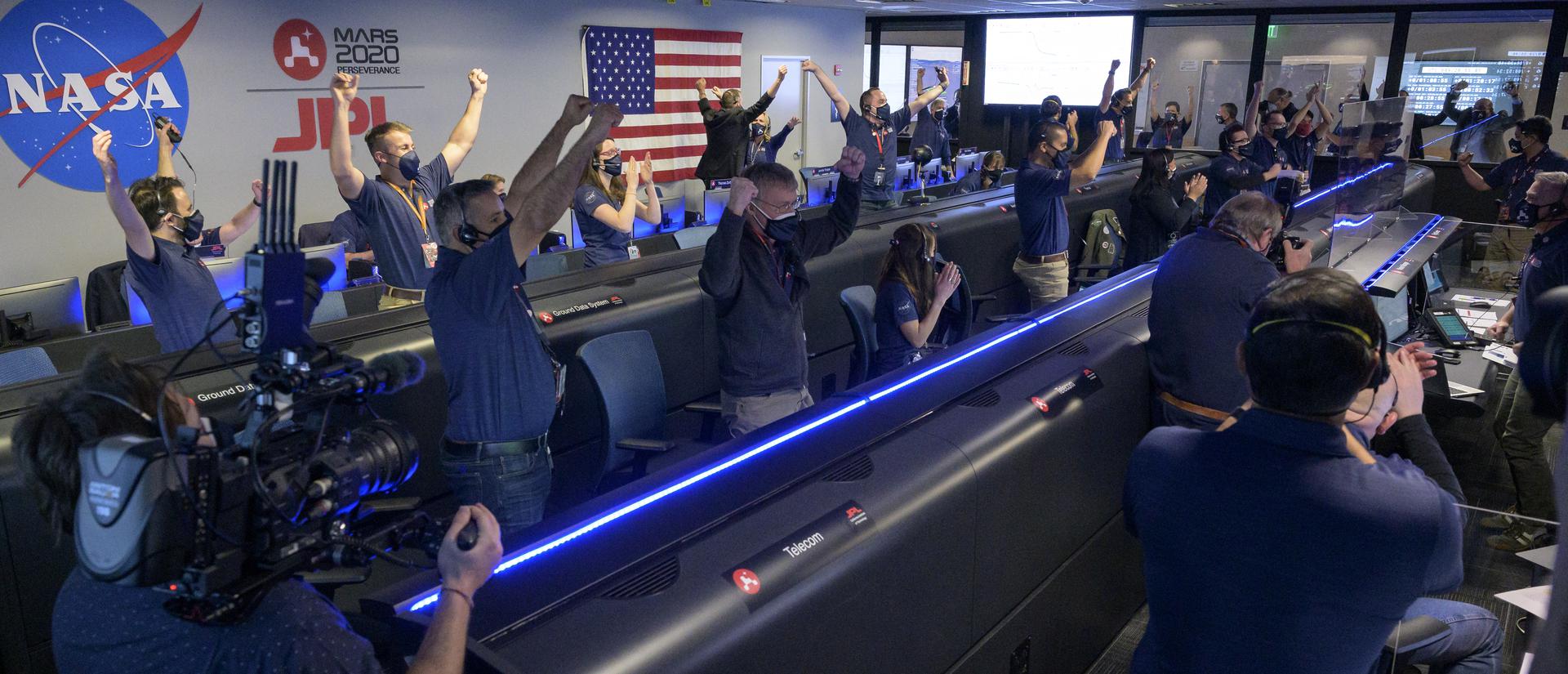
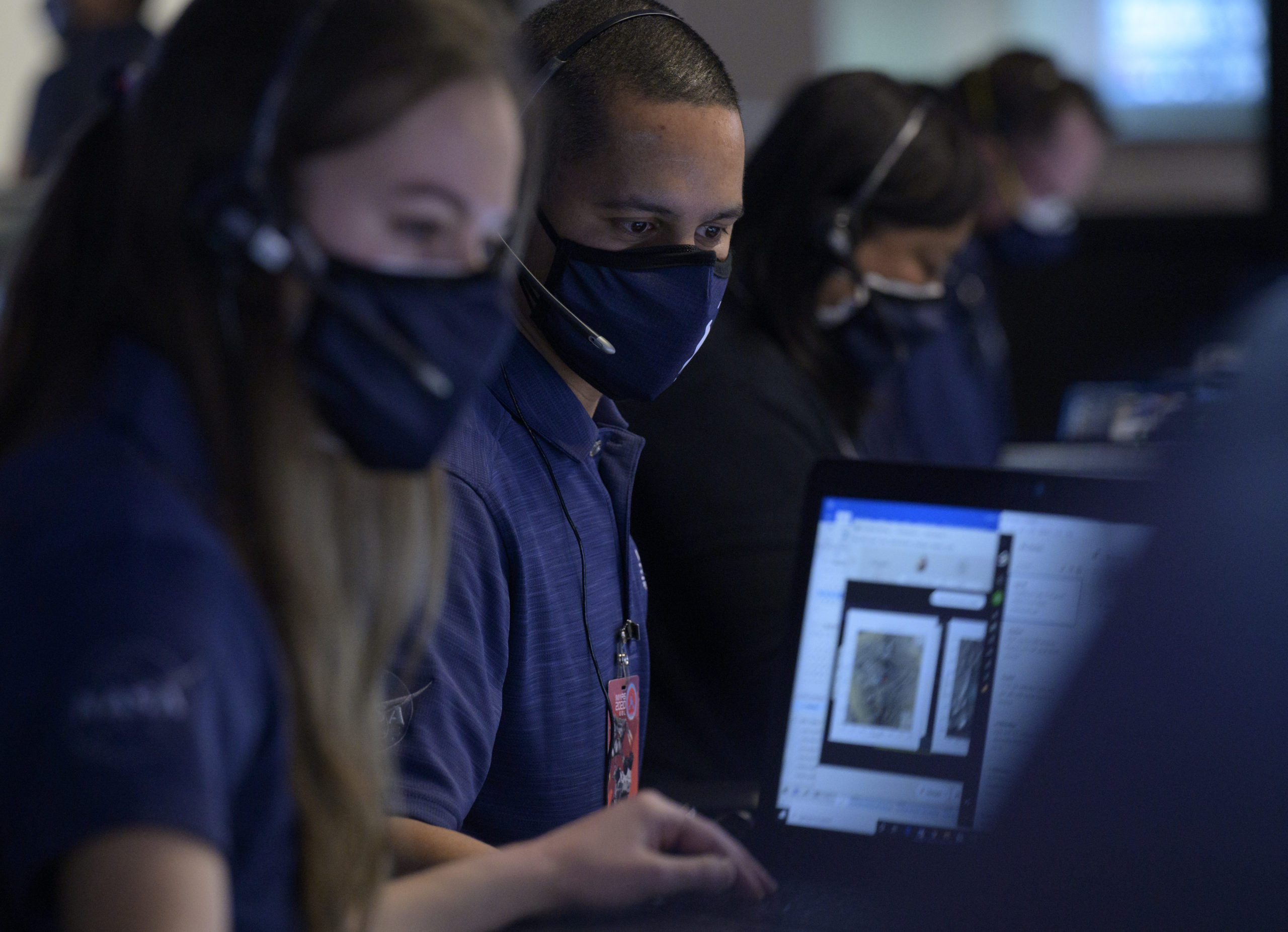
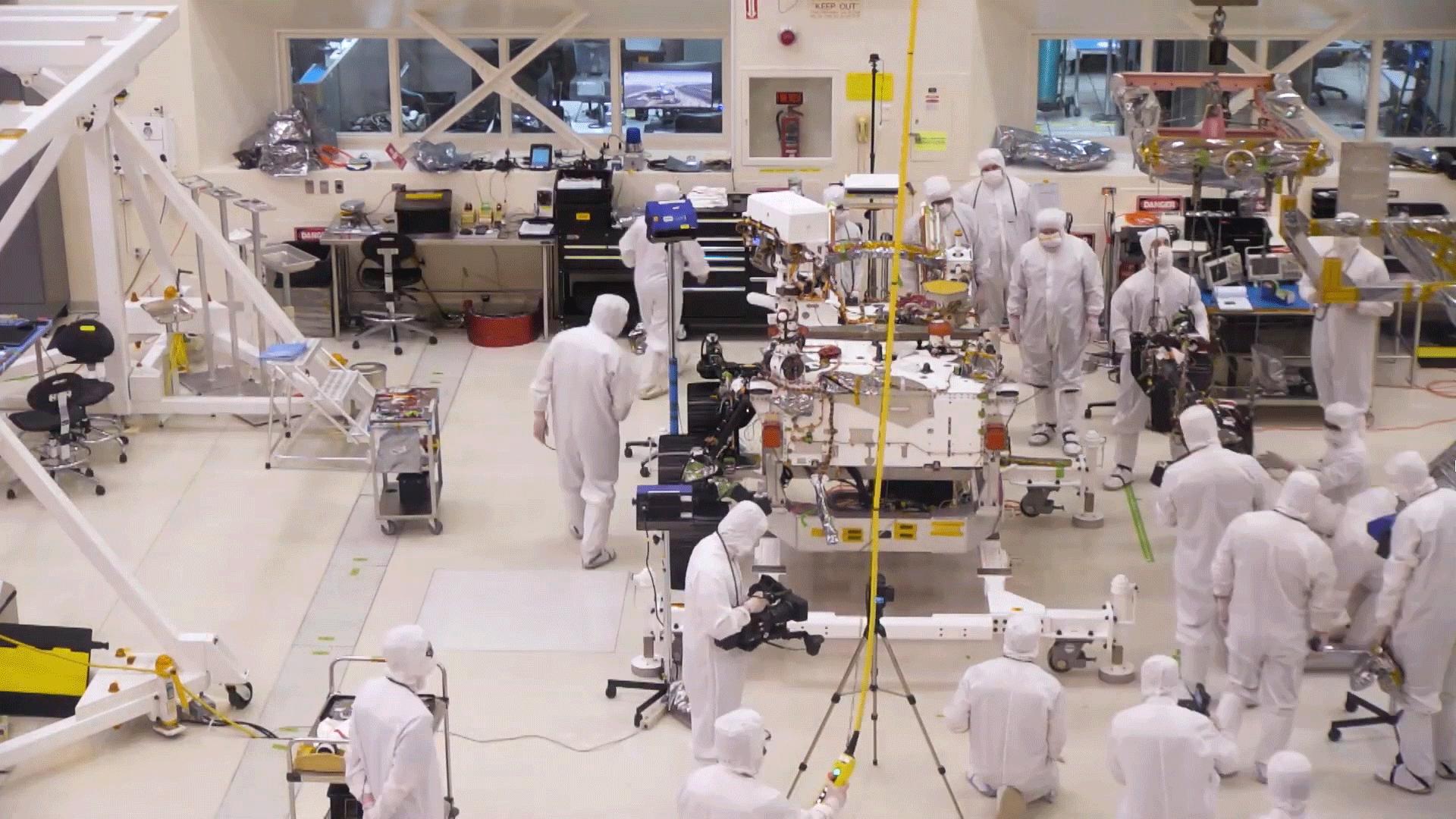


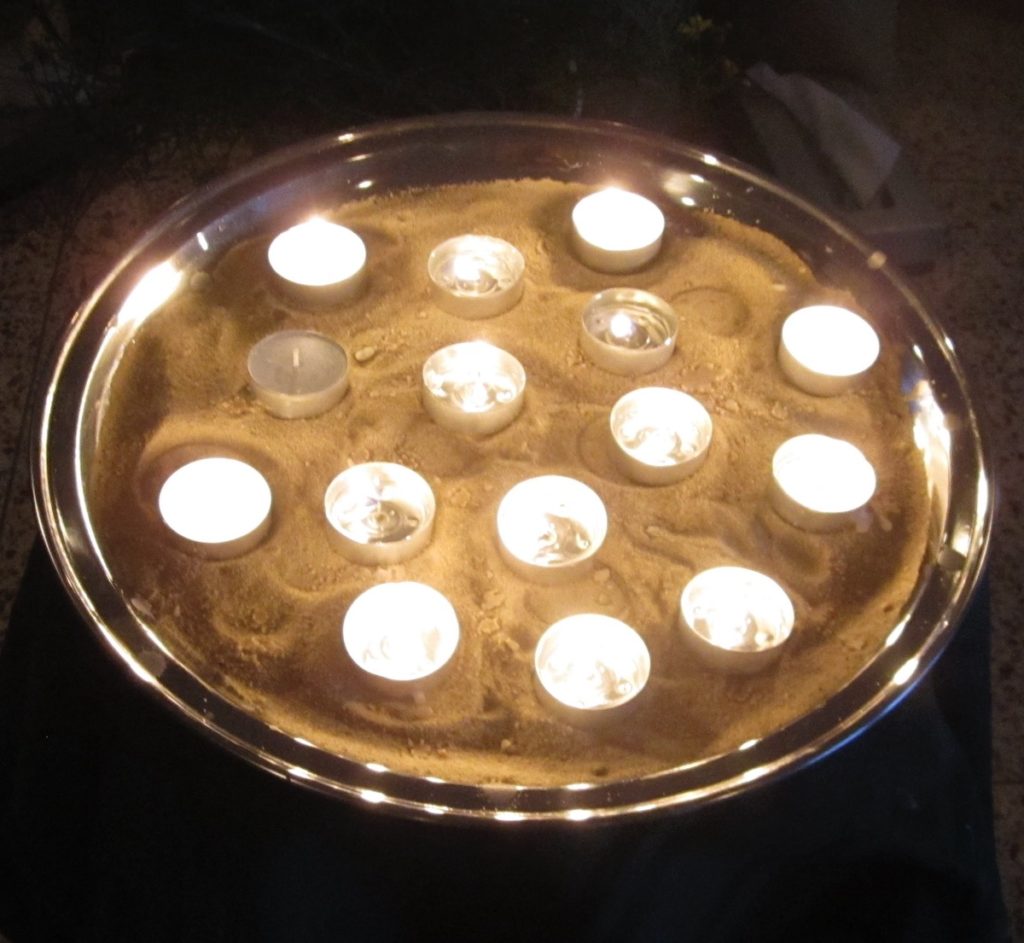

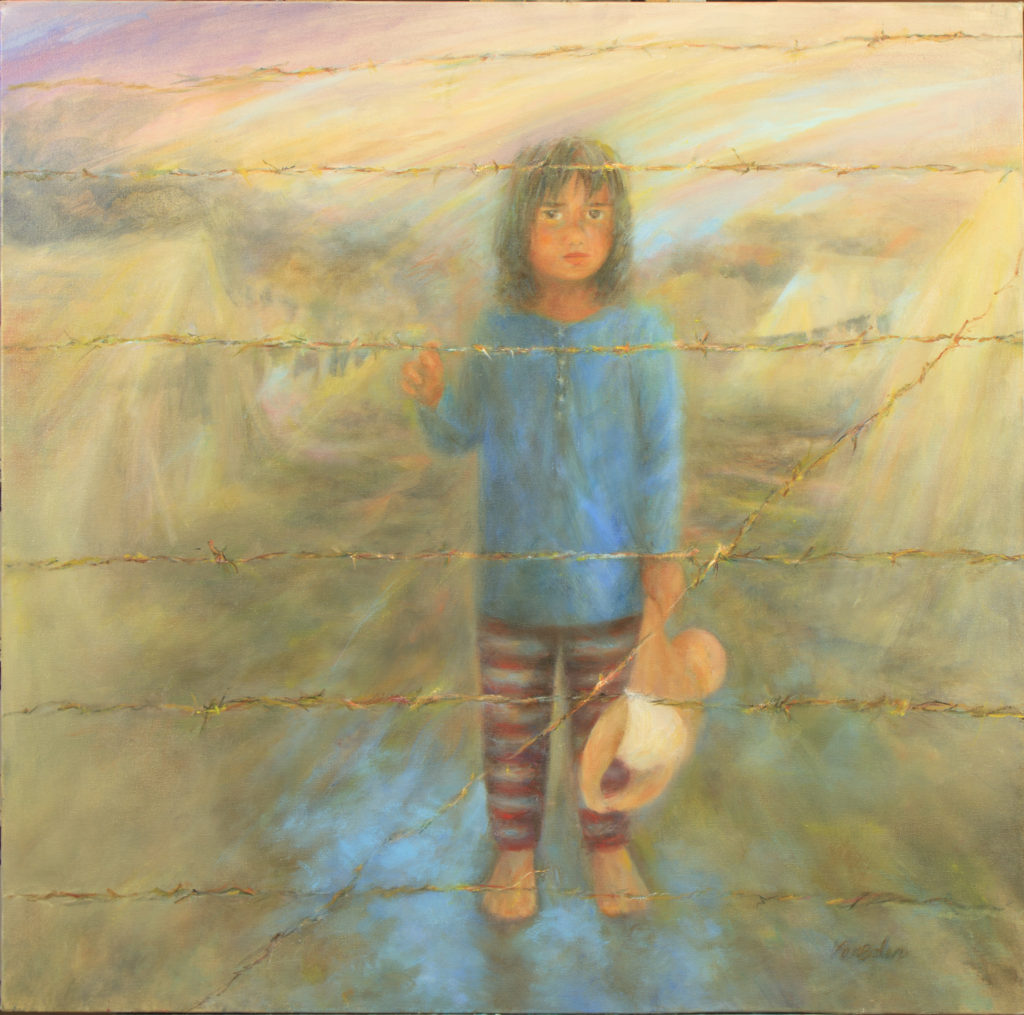
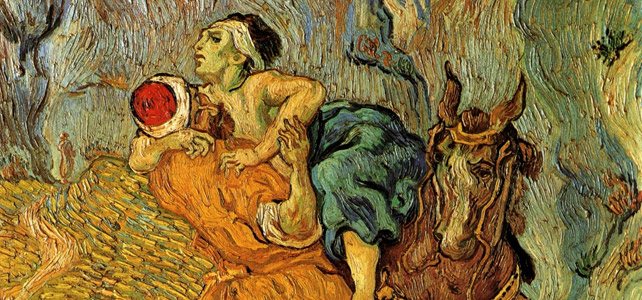

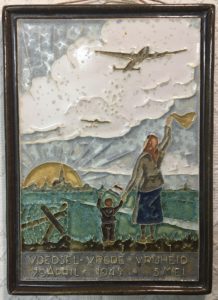

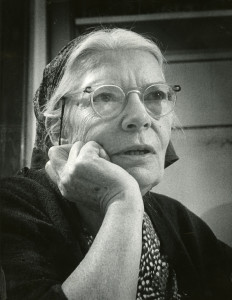
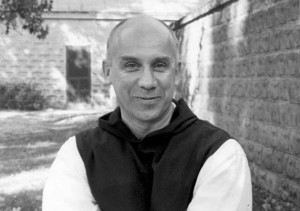 Pope Francis also recommended Merton’s openness to God in a contemplative style of prayer. Merton in the midst of a world immersed in “noise” of all types—digital, visual, aural—pouring out of players, electronics, out of the depths of our souls, calls us to quiet presence. For those who fill up every moment with activity and distraction, he says, “Be still. Listen.”
Pope Francis also recommended Merton’s openness to God in a contemplative style of prayer. Merton in the midst of a world immersed in “noise” of all types—digital, visual, aural—pouring out of players, electronics, out of the depths of our souls, calls us to quiet presence. For those who fill up every moment with activity and distraction, he says, “Be still. Listen.”

